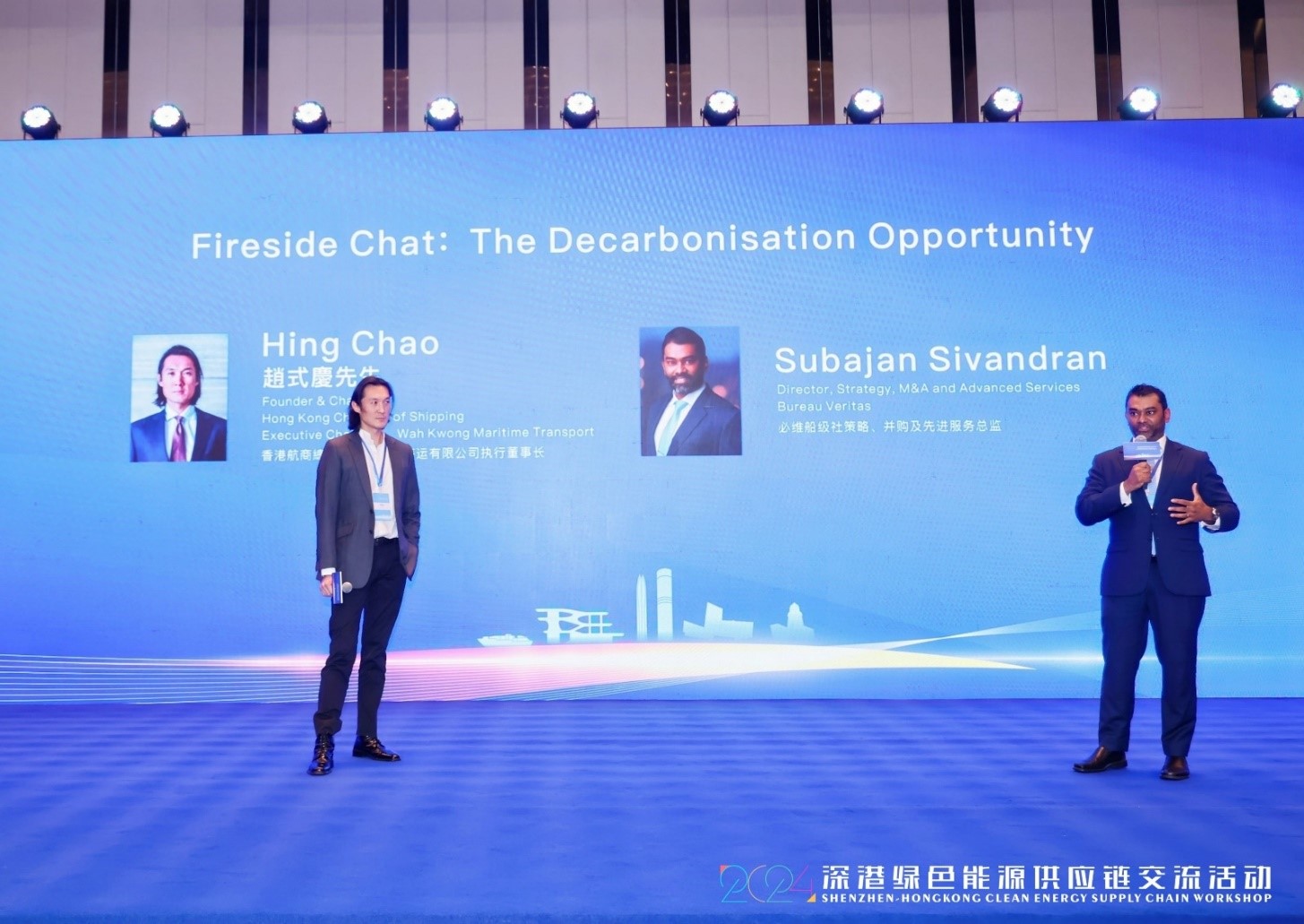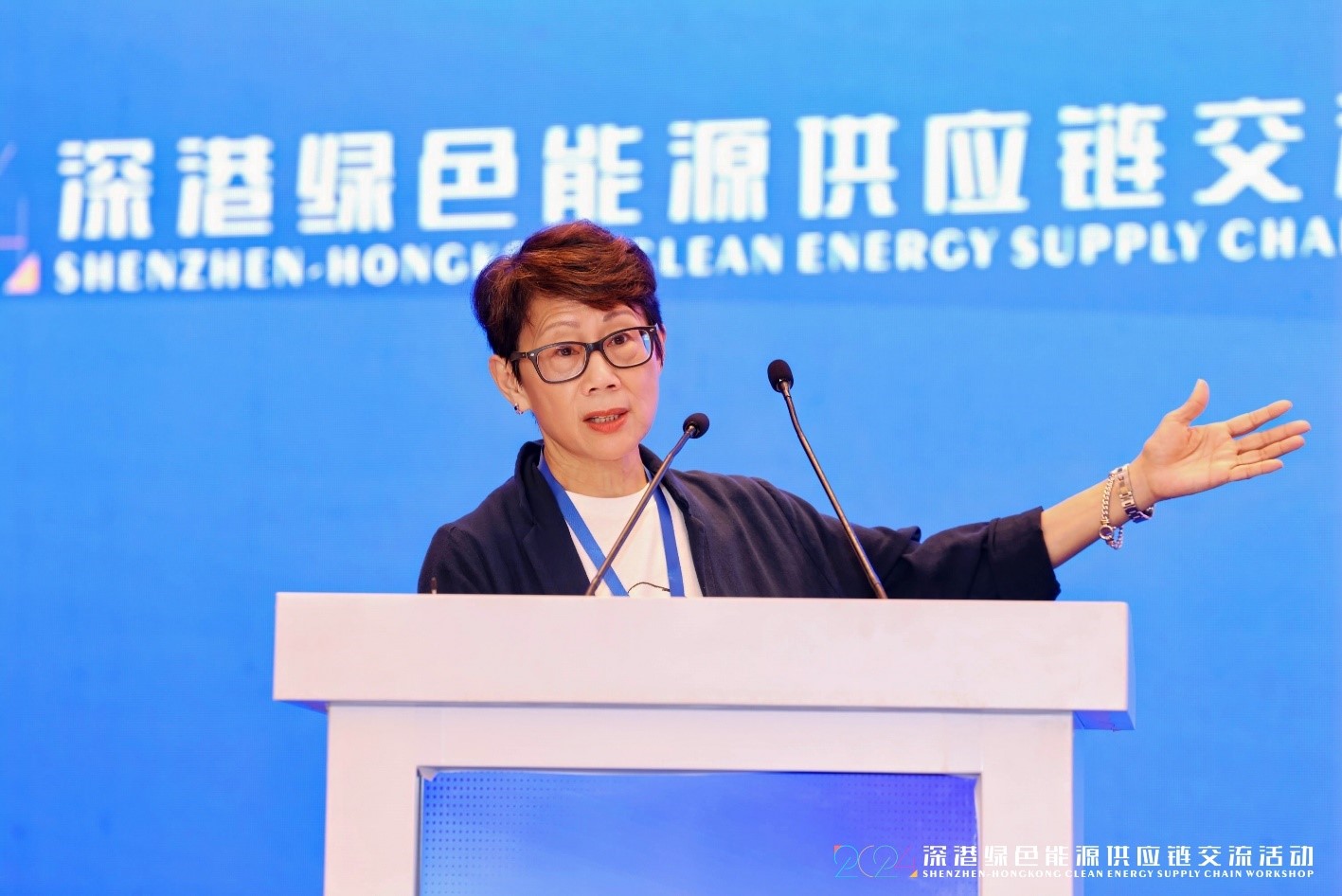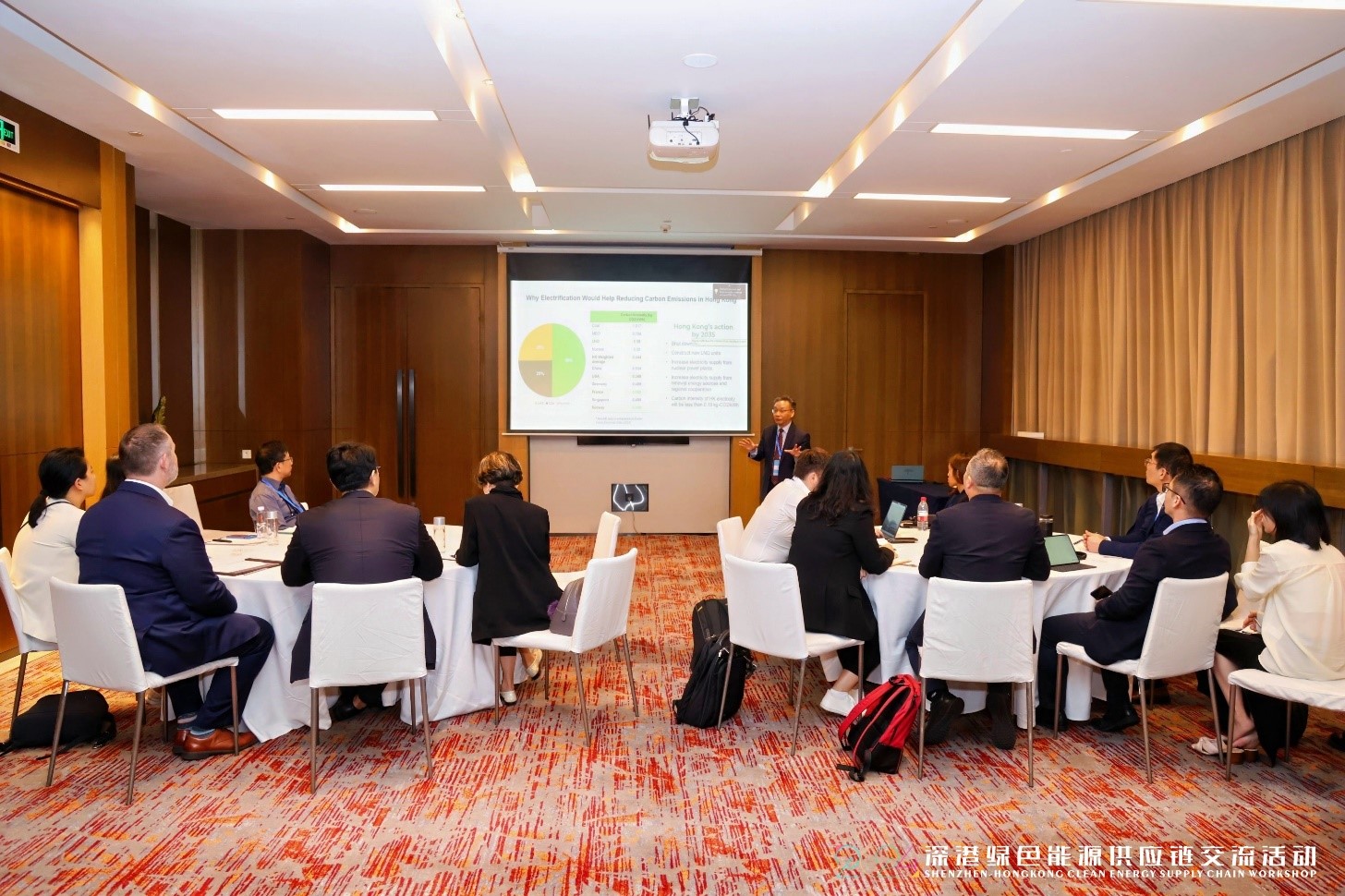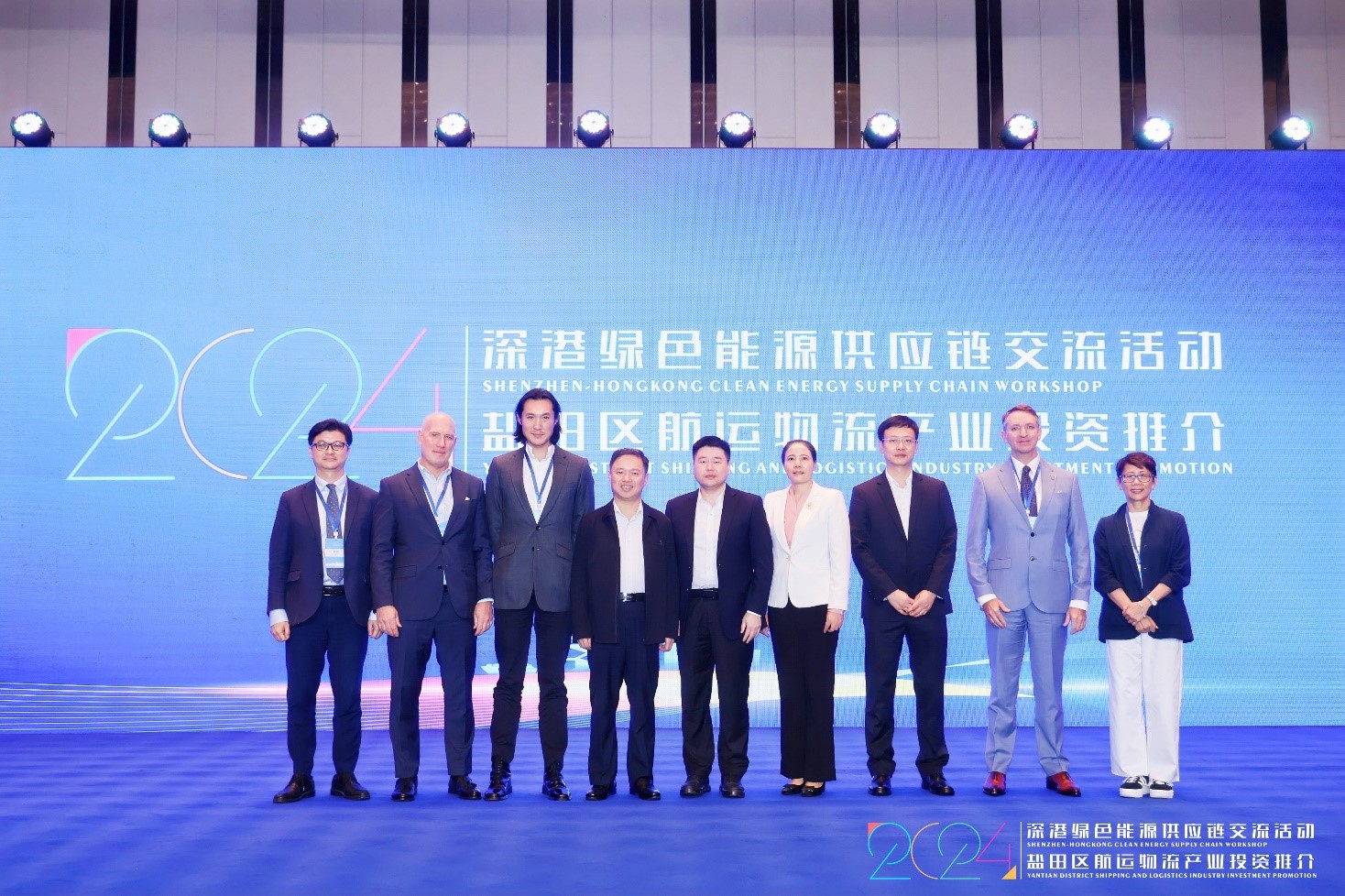
International stakeholders on Friday focused on two clear pathways to decarbonize maritime activity – alternative green fuels and electrification – as they met to accelerate efforts to decarbonize the maritime eco-system of the Guangdong-Hong Kong-Macao Greater Bay Area (GBA).
The Hong Kong Chamber of Shipping and Bureau Veritas organized the Clean Energy Supply Chain Workshop, which brought together nearly 140 representatives of policymakers, vessel owners and operators, infrastructure operators, fuel makers, technology providers, and financiers.
The discussants shared their insights and work towards practical sustainable solutions that will help leverage green energy and technology in deep-sea shipping, port operations, cargo handling, and short-sea and ferry activities.
Two closed-door workshops on “Addressing Alternative Fuels” and “Unlocking Electrification” explored the current technology and ecosystems required to support the development of green electricity as a power source for modern maritime operations, with a discussion on the supply and demand of alternative fuels especially for green methanol from China, as well as the development of a roadmap for offering green fuel bunkering and export services.

Professor Christine Loh, chief development strategist of the Hong Kong University Science and Technology, and Dr Kenneth Leung, former principal assistant secretary (Air Policy) of HKSAR Environment and Ecology Bureau moderated the sessions.

“Perspectives and policies to decarbonize maritime must reflect the reality and potential of clean fuel supply changes originating in China, as well as Chinese technology and innovation that can electrify ports and short-sea shipping,” said Hing Chao, founder and chairman of Hong Kong Chamber of Shipping and executive chairman of Wah Kwong Maritime Transport Holdings.
There is also a huge opportunity for Hong Kong to play a role in green energy markets related to the supply of green energy, he said.
“These Clean Energy Supply Chain workshops are a vital example of the continued industry collaboration that is required to achieve the maritime industry’s goals of accelerating the decarbonization transition, whilst making a meaningful impact on the continued protection of the marine environment.”

Subajan Sivandran, a director of Bureau Veritas Marine & Offshore, said: “Ambitions to decarbonize the maritime sector will be shaped by what is happening in China.”
With 86 million people in nine cities of the Greater Bay Area, there is massive shipping and ports activity and demand, connected to world markets and trade, he said, adding: “This is the perfect eco-system to explore and decide what we can do to create impact – and to do so quickly.”


